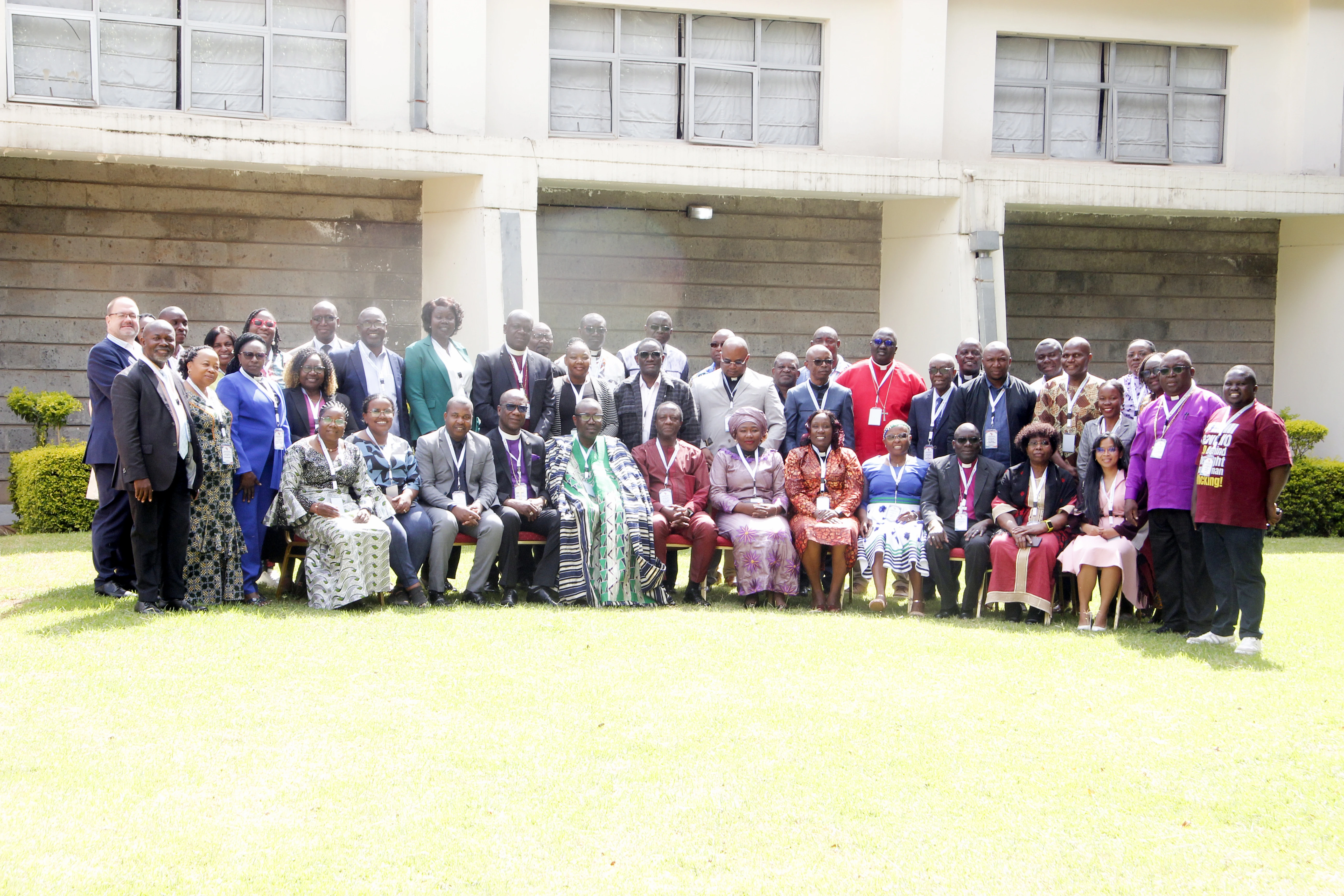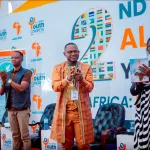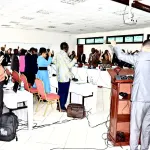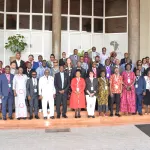The Ecumenical Body in Africa Calls For Action on the Migration Crisis on the Continent
The All Africa Conference of Churches (AACC) concluded a high-level consultation on migration, trafficking, and modern slavery on October 10th, highly concerned about the growing trend among powerful nations to externalize their migration policies. The consultation expressed deep concern over the shifting of responsibility to developing countries. The high-level consultation called for a three-pronged approach to address the migration crisis: Prevention, Protection, and Prosecution. This will help to prevent the root causes of migration, protect vulnerable migrants, and hold perpetrators accountable.
Hosted at the Desmond Tutu Conference Center in Nairobi, Kenya, from October 8th to 10th, 2024, the event brought together experts from across Africa, alongside international religious bodies, scholars, and non-state actors, to tackle pressing issues around migration and human trafficking.
Building on previous regional consultations in East, West, and Southern Africa, the event aimed to deepen the understanding of migration patterns. Notably, it included a youth-focused session in Benin under the theme 'Africa: My Home, My Future,' designed to foster patriotism among African youth.
Participants emphasized that migration is integral to human history and development, particularly in Africa. While recognizing the progress made under international frameworks such as the 1951 Refugee Convention and the Global Compact for Migration, they expressed concerns over the rapid rise of irregular migration and human trafficking, exacerbated by globalization, conflict, climate change, and socio-economic disparities.
The devastating impact of trafficking, particularly on women and youth, was a key concern, alongside the severe physical and mental health issues faced by migrant workers. Structural problems, including weak governance, economic depression, and political instability, were identified as significant drivers of irregular migration.
In support of the communique issued at the consultation's conclusion, the AACC pledged to leverage its moral authority to advocate for legislative reforms, combat misinformation, and provide guidance on migration issues. Participants also highlighted the critical need for skill development, youth empowerment, and diaspora engagement to mitigate skills drain and enhance development outcomes.
In conclusion, the AACC reaffirmed its commitment to addressing migration challenges through collaborative, evidence-based, and gender-sensitive policies, striving to create a safer and more just environment for African migrants.
Click the links below to download the final communique
In the photo - [ Participants during the High-level consultation in Nairobi ]




